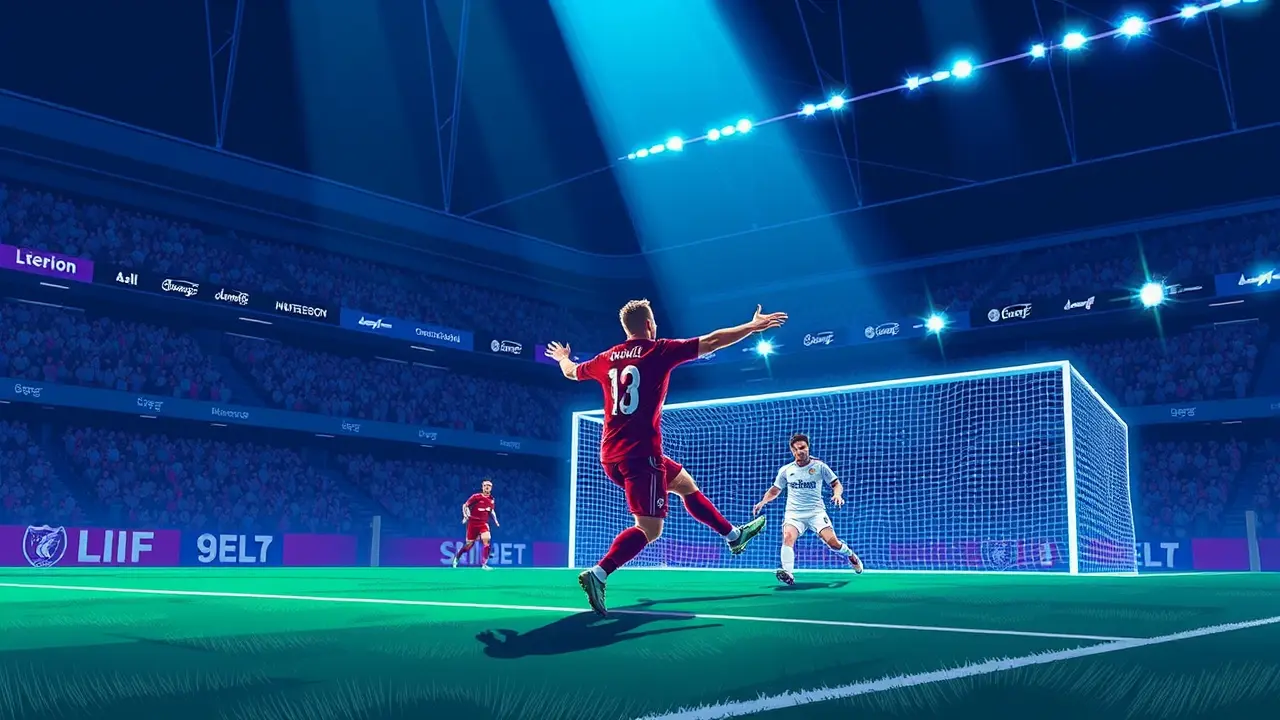
SportfootballUEFA Champions League
Ex-Referee Burrull Says Tchouameni Handball Should Have Been Penalty.
JA
1 month ago7 min read4 comments
The ghost of controversy that perpetually haunts the beautiful game has found a new home in a single, contentious moment from Liverpool's narrow 1-0 Champions League victory over Real Madrid, a moment that former referee Pérez Burrull insists should have swung the match's momentum irrevocably. On the 30-minute mark, with the Anfield roar a tangible force, Dominik Szoboszlai unleashed a thunderous drive from outside the box, a missile destined for the net until it collided with the outstretched, waiting arm of Aurélien Tchouaméni, who stood sentinel on the goal line.The initial call from referee Istvan Kovács was a free-kick, a decision that immediately felt like an understatement of the crime; the subsequent VAR review and the referee's pilgrimage to the pitchside monitor promised justice, only to deliver a baffling reversal that saw the foul rescinded entirely and possession gifted back to the Spanish giants. This is where the cold, hard calculus of football analytics clashes with the interpretative soul of officiating.Burrull's analysis cuts to the core of the updated handball directive: it's not merely about contact, but about the arm's positioning—was it making the body unnaturally bigger, or was it a consequence of a natural, bracing movement? For Burrull, the answer is unequivocal; with both of Tchouaméni's arms extended towards the ball's trajectory, the French midfielder was actively occupying space, a human barrier that, by the letter of the law, constitutes a penalty. This isn't an isolated incident but part of a persistent, maddening pattern in European football, reminiscent of the debates surrounding Gerard Piqué's similar offenses for Barcelona or the infamous Luis García 'ghost goal'—moments where interpretation becomes a get-out-of-jail-free card for inconsistency.The statistical fallout is stark: Liverpool, denied a clear opportunity from the spot in a knockout tie where a two-goal cushion could have psychologically shattered Madrid, were forced to navigate a nervy, single-goal lead, a scenario that plays directly into the hands of Carlo Ancelotti's veteran-savvy squad for the second leg. The broader consequence is a further erosion of fan and player trust in VAR, a system implemented to eliminate such subjective chaos, not amplify it.When you dissect the frame-by-frame, Tchouaméni's posture isn't that of a man bracing for impact in a tightly contested aerial duel; it's a deliberate, almost instinctual widening of his frame to block a shot, an action that, when compared to the stringent penalties given for far less obvious offenses in the Premier League, makes Kovács's final decision an outlier of baffling proportions. This single non-call doesn't just affect the scoreline; it warps the tactical narrative of the entire tie, handing Real Madrid a monumental let-off and leaving Jürgen Klopp's men with a victory that feels, statistically and spiritually, incomplete. In the grand, data-driven theatre of modern football, where every touch, xG, and passing lane is quantified, this refusal to apply a clear rule with conviction is a throwback to a more frustrating age, a reminder that for all our technology, the game's soul remains hostage to a single individual's fleeting interpretation.
#editorial picks news
#Liverpool
#Real Madrid
#penalty controversy
#handball
#VAR
#Aurelien Tchouameni
#refereeing decision
Stay Informed. Act Smarter.
Get weekly highlights, major headlines, and expert insights — then put your knowledge to work in our live prediction markets.
Related News
Comments
Loading comments...
© 2025 Outpoll Service LTD. All rights reserved.